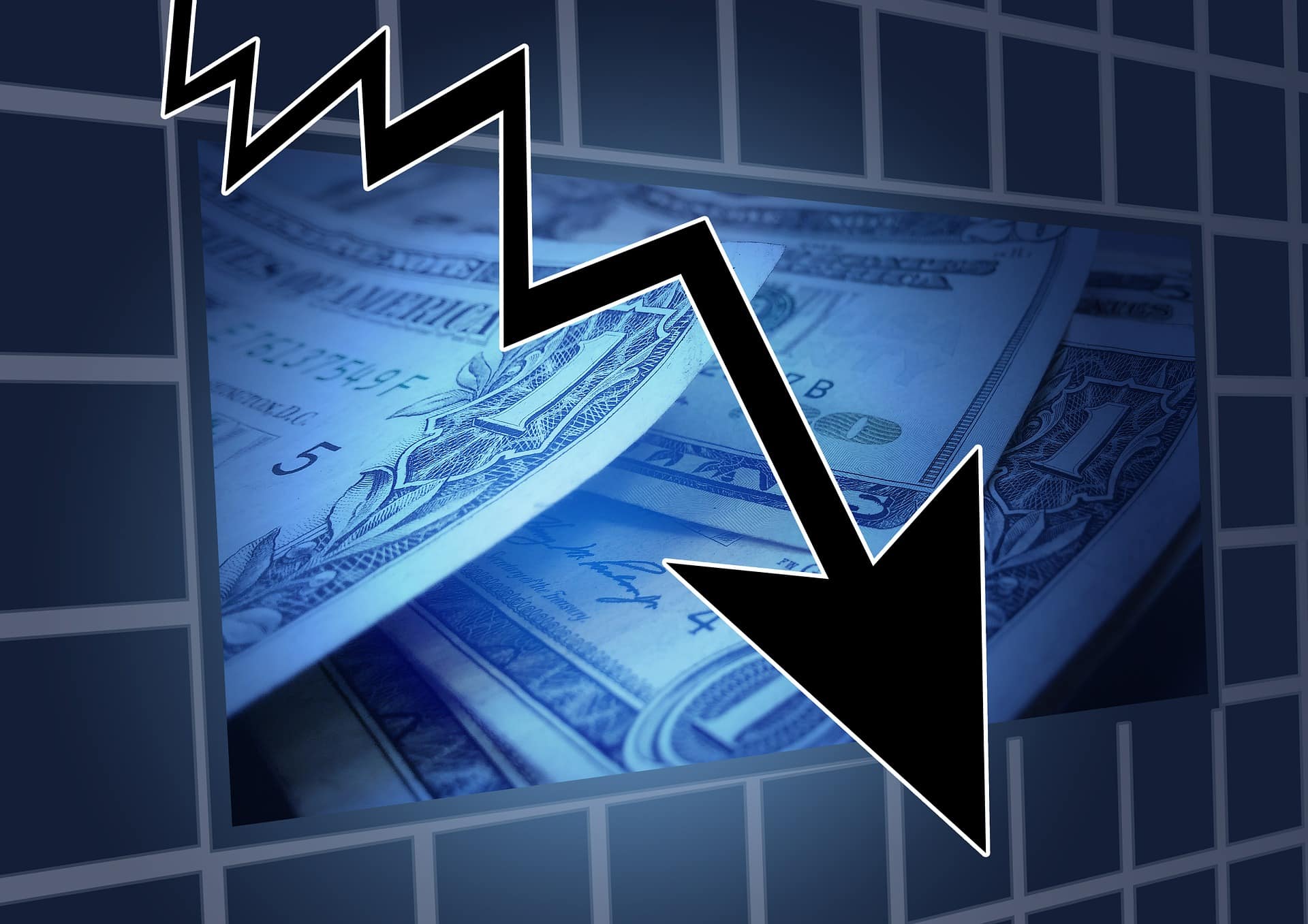When it comes to economic cycles, the possibility of a recession in 2023 is something that has been on the minds of many. With the Covid 19 pandemic and its effects on the economy, it is a possibility that looms large. But, while the potential of a recession is real, it is important to look at the potential impact of a recession on the industrial construction industry while at the same time looking for the positives.
The Impact on Industrial Construction
The industrial construction industry is one that is often affected in a recession. A recession can lead to a decrease in demand for new construction, as businesses are often hesitant to invest in new projects during an economic downturn. This drop in demand can lead to layoffs and a decrease in profits for companies within the construction industry.
Fortunately, the industrial construction industry has a few advantages that can help it weather a potential recession. First, industrial construction often involves longer-term projects, which can provide a cushion against an economic downturn. Additionally, the industry has seen an increase in demand for construction projects over the past few years, and this increased demand can provide a buffer against a possible recession.
A Note of Positivity
While a recession in 2023 is a possibility, it is important to remember that recessions are a natural part of the economic cycle. And, while a recession can have a negative impact on the industrial construction industry, it is important to remember that the industry also has some advantages that can help it navigate economic turbulence. Additionally, the industry has seen an increase in demand for construction projects despite the pandemic, and this increased demand can provide a bit of a financial buffer during a possible recession. With these factors in mind, it is important to remain positive and take steps to ensure the continued success of the industrial construction industry. For example, construction companies need to be prepared to respond to the potential downturn in the economy by cutting costs, increasing their liquidity, and diversifying their project portfolios. By taking these steps, businesses can reduce their exposure to the risks of a potential recession and remain competitive in the industry.





